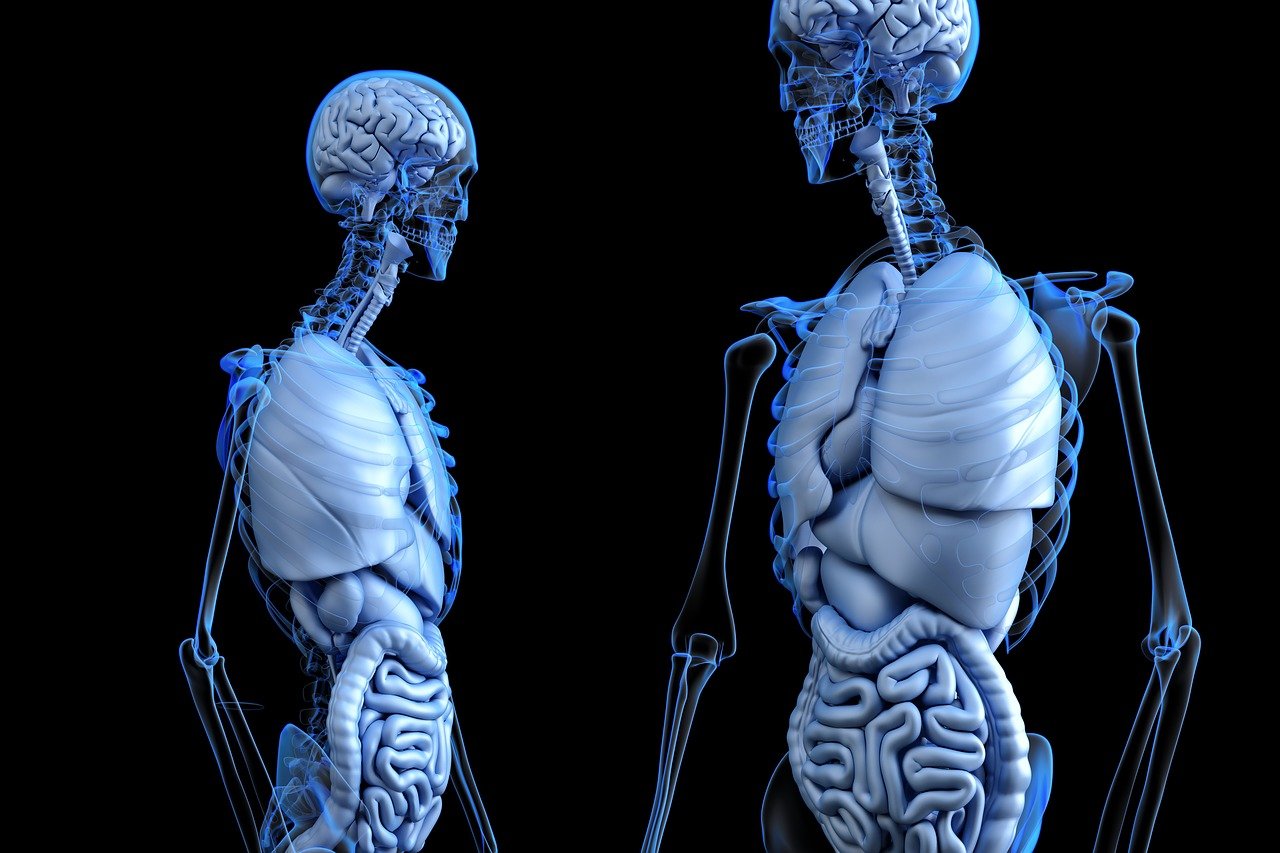The Process of Food Digestion

Eating cooked or raw food has various processes undergone just for it to deposit some nutrients in the body and while it is being taken off from the body in the form of feces or stool, which is a byproduct of food taken that is already used in retaining the body system alive.
Today I will be telling you about the various stages at which the food we eat with our mouth, how it is digested and the process involved in its conversion that makes it beneficial to our body system. Hence, we all know that, right from the days of biology studies, digestion always starts from the mouth.
You may be right by asking the question: "How does digestion start from the mouth? Hence, the prompt answer to this biologically proven process of digestion in the mouth is that digestion starts from the mouth which comes through mechanical and chemical digestion, which actually involves the breakdown of the food particles along with the breakdown of the food molecules through the action of the enzymes on the food, which go with the mechanical process regarded as chewing.
Hence, the mouth, which is made up of silver, has its own role to play as well in supplying salivary glands, which have and also bear the enzyme that acts on the food particles, which also helps in the breakdown of the food we eat. The amylase is known to be responsible for the breakdown of the starch into sugar-recognized molecules known as maltose, which is responsible for the breakdown of complex carbohydrates into small, recognized sugars, which helps to fasten the absorption while its energy is produced in the process.
On the other hand, along with amylase, the lingual lipase enzyme, is also present in the saliva in the mouth, which works likewise in line with the amylase, which is responsible for food breakdown, in this case has its own role in breaking down fat in its order into smaller molecules recognized as the lipids, recognised as a group of organic molecules that could be in the form of oils, fat, or wax, as the case may be, hence the lipids are also found effective in the stomach based on digestion process in the stomach.
The indigestion process in the first order of digestion, which starts with the mouth on mechanical and chemical process, goes along with another process known as abortion, which is the main stage where the process of digestion has to benefit man in order to supply nutritional benefits to the body system, which keeps us alive as humans.
Therefore, the process of abortion has to do with digestion, which has to do with the extraction within the digestive track, which in some cases starts from the mouth down to the large intestine regional known as the colon, which is also recognized as the final segment main for digestion to takes place, which is responsible for the absorption of electrolytes, water, and as much as other forms of liquid, which ends up being feces or urine, which goes out from its supposed outlet.
Although within the intestines track, digestion always starts in the small intestine, where enzymes such as lipase, protease, and many others act on it in line to break down the food particles, which could manifest in the form of protein, fat, and carbohydrates. The nutrients are absorbed with the help of villi and microvilli, which are responsible for nutrient absorption directly into the bloodstream, known as the lymphatic system.
Hence, next in line after the process in the small intestine, comes the large intestine, which is known by its process, by bacteria acting on the undigested food, which end up producing fatty acid, and as much as its process by bacteria acting on the undigested food, which end up producing fatty acid, and as much as it gasses, hence knowing fully well that as I said earlier, the abortion in the large intestine involves the likes of electrolytes, biotin, and others, therefore after the absorption process in the large intestine, leave behind the undigested food particles, along with the bacteria and other remnants that form the feces, which is taken off through a process known as dedication.
For further understanding the difference between the small and large intestines has to do with the small intestine being responsible for nutrient breakdown and absorption, while the large intestine is responsible for water absorption, bacterial actions of food taken which is known as fermentation process, and the formation of the feces which ends up by defecation urination.
REFERENCE
●https://www.ncbi.nlm.nih.gov/books/NBK544242/
●https://opentextbc.ca/biology/chapter/15-3-digestive-system-processes/
●https://courses.lumenlearning.com/suny-ap2/chapter/the-small-and-large-intestines/


